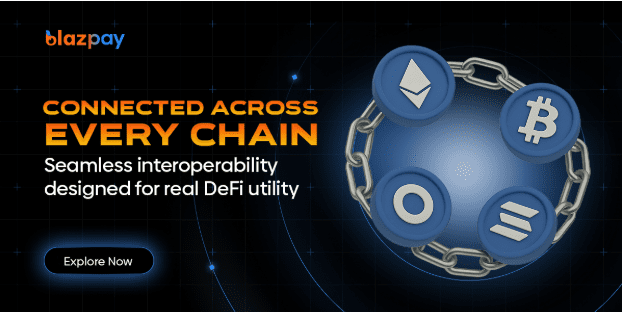The SRO framework will prescribe broad objectives, functions, eligibility criteria and governance standards, said the RBI in its monetary policy review statement | Photo: Bloomberg
The Reserve Bank of India (RBI) will issue a framework to recognise self-regulatory organisations (SROs) for regulated entities (REs) and harmonise rules for the internal ombudsman mechanism of REs, seeking to strengthen governance and protect customers.
The regulator will issue an omnibus framework for recognising SROs for strengthening compliance culture among their members and providing a consultative platform for policy making, said RBI in statement on Developmental and Regulatory Policies. To begin with, the RBI will release a draft of the omnibus framework for stakeholder comments.
The SRO framework will prescribe broad objectives, functions, eligibility criteria and governance standards, said the RBI in its monetary policy review statement.
The framework will be common for all SROs, irrespective of sectors. The RBI may prescribe sector-specific additional conditions at the time of calling for applications for recognising SROs.
About improving the grievance redress system, RBI said guidelines for the internal ombudsman framework for REs have similar design features but vary on operational matters. Based on the experience of implementing the extant internal ombudsman guidelines, it has been decided to harmonise them and issue a consolidated master direction.
The direction would bring uniformity in matters like timeline for escalation of complaints to internal ombudsmen and exclusions. It would prescribe qualifications for appointing an internal ombudsman and update reporting formats, in addition to introducing the post of deputy internal ombudsman.
The RBI introduced the ombudsman mechanism in 2015 for select commercial banks to strengthen the internal grievance redress (IGR) system, ensure efficient and fair resolution of customer complaints by enabling an apex level review within the banks before their rejection.
The framework was gradually extended to other REs like select non-bank issuers of pre-paid Instruments (PPI)s), select non-banking financial companies and all credit information companies, said the RBI.
First Published: Oct 6 2023 | 12:37 PM IST





































